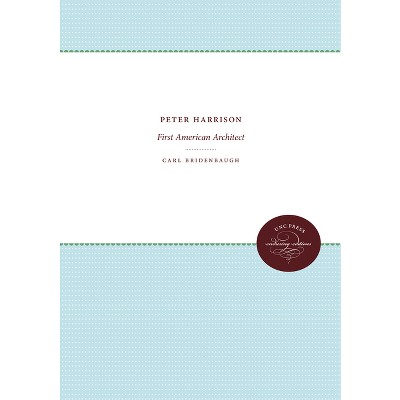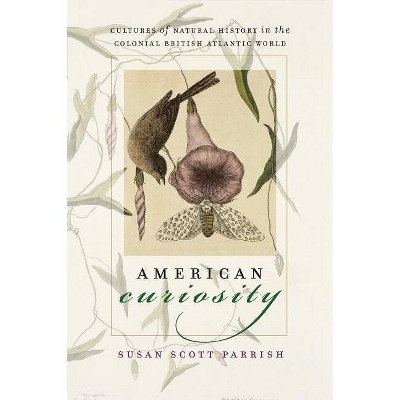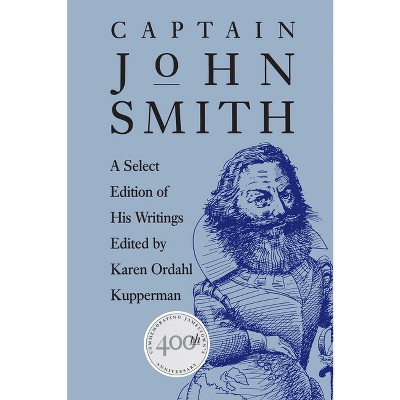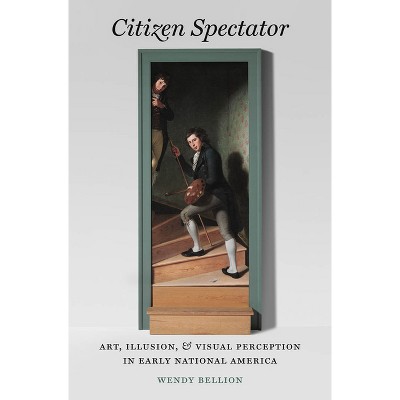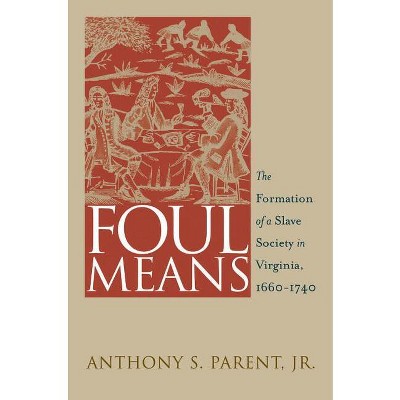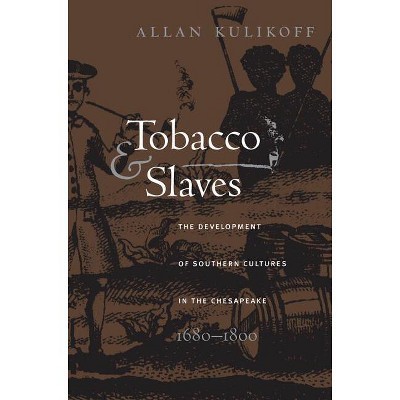Laboratories of Virtue - (Published by the Omohundro Institute of Early American Histo) 2nd Edition by Michael Meranze (Paperback)

About this item
Highlights
- Michael Meranze uses Philadelphia as a case study to analyze the relationship between penal reform and liberalism in early America.
- About the Author: Michael Meranze, associate professor of history at the University of California, San Diego, is editor of Benjamin Rush's Essays: Literary, Moral, and Philosophical.
- 352 Pages
- Social Science, Penology
- Series Name: Published by the Omohundro Institute of Early American Histo
Description
About the Book
Using Philadelphia as a case study, Meranze investigates the complex and contested relationship between penal reform and liberalism in early America.Book Synopsis
Michael Meranze uses Philadelphia as a case study to analyze the relationship between penal reform and liberalism in early America. In Laboratories of Virtue, he interprets the evolving system of criminal punishment as a microcosm of social tensions that characterized the early American republic. Engaging recent work on the history of punishment in England and continental Europe, Meranze traces criminal punishment from the late colonial system of publicly inflicted corporal penalties to the establishment of penitentiaries in the Jacksonian period. Throughout, he reveals a world of class difference and contested values in which those who did not fit the emerging bourgeois ethos were disciplined and eventually segregated.By focusing attention on the system of public penal labor that developed in the 1780s, Meranze effectively links penal reform to the development of republican principles in the Revolutionary era. His study, richly informed by Foucaultian and Freudian theory, departs from recent scholarship that treats penal reform as a nostalgic effort to reestablish social stability. Instead, Meranze interprets the reform of punishment as a forward-looking project. He argues that the new disciplinary practices arose from the reformers' struggle to contain or eliminate contradictions to their vision of an enlightened, liberal republic.
From the Back Cover
Laboratories of Virtue investigates the complex and contested relationship between penal reform and liberalism in early America. Using Philadelphia as a case study, Michael Meranze interprets the evolving system of criminal punishment as a microcosm of social tensions that characterized the early American republic. Laboratories of Virtue demonstrates the ramifications of the history of punishment for the struggles to define a new revolution order. By focusing attention on the system of public penal labor that developed in the 1780s, Meranze effectively links penal reform to the development of republican principles in the Revolutionary era. In addition, Meranze argues, the emergence of reformative incarceration was a crucial symptom of the crises of the Revolutionary and post-Revolutionary public spheres.Review Quotes
ÝThis book¨ deserves the widest readership.
"Yale Journal of Law and the Humanities"
A milestone. . . . For students of the rise of the American penitentiary, this book is essential reading.
"American Historical Review"
Ambitious, sweeping, and powerful.
"William and Mary Quarterly"
An impressive achievement. It is thoroughly researched, brilliantly argued, and lucidly written.
"Law and History Review"
"A milestone. . . . For students of the rise of the American penitentiary, this book is essential reading.
"American Historical Review""
"Ambitious, sweeping, and powerful.
"William and Mary Quarterly""
"An impressive achievement. It is thoroughly researched, brilliantly argued, and lucidly written.
"Law and History Review""
[This book] deserves the widest readership.
"Yale Journal of Law and the Humanities"
Meranze has made significant and valuable interventions in understanding the failure of penal practices as they evolved in Philadelphia.
"Pennsylvania Magazine of History and Biography"
About the Author
Michael Meranze, associate professor of history at the University of California, San Diego, is editor of Benjamin Rush's Essays: Literary, Moral, and Philosophical.Shipping details
Return details
Trending Poetry






